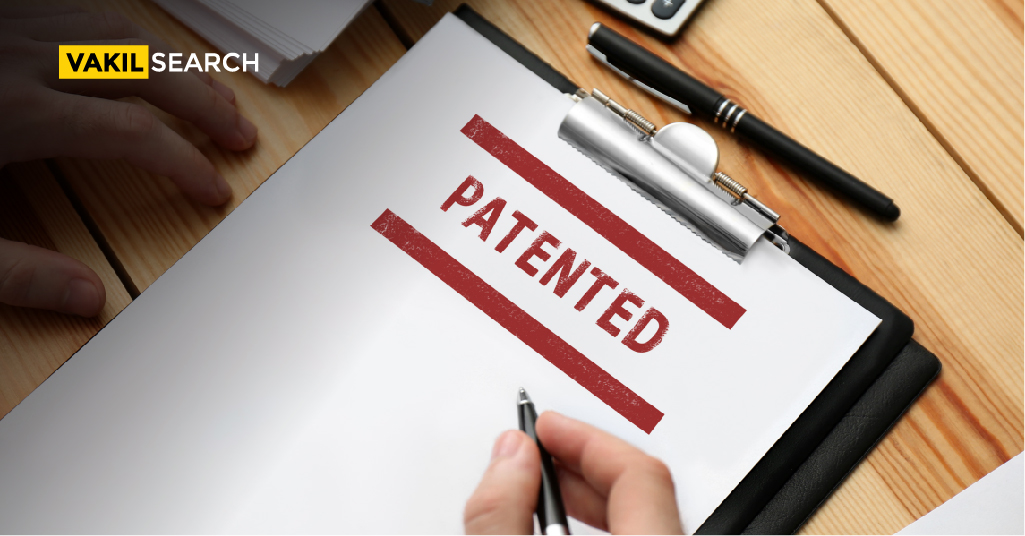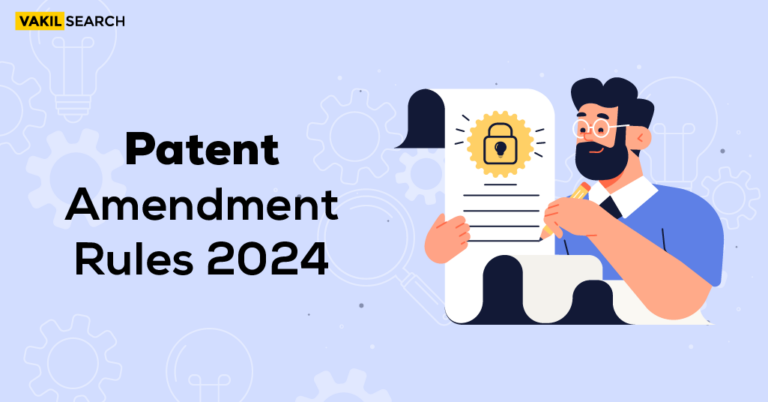Patents have immense significance in the Indian pharmaceutical field; however, there remains room for improving Indian patent laws for the betterment of companies and citizens. Go through this article to learn everything about Indian patent laws.
Rapid industrialisation has dramatically impacted the Indian pharmaceutical sector. India has developed its patent laws and is now an official party of GATT. Pharmaceutical companies are enabled to patent their drug production procedures in India after the Indian Patents Act of 1970.
After 1994 the laws became more strict as the Indian legislature signed the terms of both GATT and TRIPS, which meant if the signatory state were discovered faltering the codes of conduct even once, the nation would not be considered a participant of the WTO, which will be a huge financial setback. Thus besides process patents, product patents also came into being.
What Are Patents?
Patents are a form of IPRs or International Property Rights. A patent gives its applicant the legal authority to exclude any third party from manufacturing, selling or using an invention or idea for a set time, provided he must disclose the provisions that led to that particular invention.
They find extensive use in the pharmaceutical sector. The patent granting policies that a patentee needs to abide by varies extensively from one country to another. Thus international agreements and national laws control this discrepancy, further guaranteeing the novelty of your patented process or product. You have to make the Business Patent Search Properly so that you can safeguard the Company Assets.
Indian Patent Amendments in Pharmaceutical Field
In 1995 Indian Patent laws underwent significant amendments after the nation signed the TRIPS agreement.
The Permanent patent law provides complete protection for pharmaceutical product inventions. On 1st January 1995, Indian pharmaceutical companies were handed over exclusive marketing rights from the products they had already patented, and this came as the first amendment of Indian Patent Law, 1970. The second session of the amendment ushered in 2002, which set the patenting duration to 20 years; this became applicable for inventions irrespective of category. From then, a patent application needed to be resubmitted once 20 years had passed since its primary application filing date.
The third amendment window peeked in 2005—this set of amendments protected newly invented chemical compositions. The Indian Patent Act’s Section 3(d) vividly explained that a known substance’s new form and selective utilization of a known method are not patentable. This principle states that discoveries based on available compositions are not patentable; the only exception will arrive if the innovator can prove a considerable increase in the effectiveness of that newly formed drug. Indian Patent granting authorities provide a condition for patenting many salts, polymorphs, esters, and derivatives of previously patented substances only because these products have proven to produce better results in medical treatment.
Suggestion to Bind Generic Approvals in India With Patents
In India, generic pharmaceutical manufacturing firms may apply for marketing rights of a patented product. Their appeal will be considered even when the patentee’s patent status is active. But the prudent step involved here is that the approved generic medicine cannot be made publicly available in the market as long as the patent is in force. Many authorities operate simultaneously in India to support patent applications that keep reaching every corner of the country. The Patent Office of India grants pharmaceutical patents, and the Drug Controller General (DCGI) gives marketing approval. They do not need to cross-check with other divisions. Patent linkage exists among the country’s national regulatory authorities.
One should keep in mind that the DCGI refrains from maintaining any patent register specifically for pharmaceuticals, unlike the renowned “orange book” of America. Therefore any generic manufacturing brand that introduces the latest drug products in the Indian market most often takes a step at risk. In most cases, they are not aware of the legal implications of conflicting patents.
Currently, patent linkage does not exist in Indian patent enforcing provisions. However, a direct approach to doing so was attempted by a company named Bristol-Myers Squibb that tried to prohibit the DCGI from approving marketing rights for a generic edition of Sprycel. It is a drug used to diagnose chronic myeloid leukaemia. Many proposals have surfaced that constantly encourage linking marketing rights with patents in India.
The solemnisation is still far from achieving status. The DCGI has advised the pharmaceutical sector to publish details of an approved patent for a new drug. This would be a decent gesture of passing patent information to the Patent Office of India. This ultimate council determines whether to approve generic companies selling drugs or deny applications.
What About Biological Products?
Biotechnologists face complications in showing that their invention is a brand new creation, not a merely natural process. This is a significant issue that hinders the achievement of novelty status. Indian patent granting body demands the applicant to prove that their creation is the first of its kind.
Thus vivid disclosure of the therapeutic procedure has to be done. Whenever a patentee is determined to apply, he must be assured that his invention meets particular eligibility criteria: the new commodity must be recognised under subject-matter credentials. Must have utility, be non-obvious, novelty-approved, and most importantly, there should be any previous applicant.
Biotechnology enthusiasts face acute difficulty in showcasing the novelty of any proposed invention as most of them are mere iterations or developments of natural phenomena or biological processes. A debatable issue that confronts confusion in this subject includes the gene-editing mechanism. The first controversies relating to this field were realised in 2012 (Myriad v. Association of Molecular Pathology v. Genetics of Myriad).
Many biotechnological companies are still concerned due to various limitations set in using raw materials under the Indian Patent Law’s Section 3(d).
Also, they need to take cautious steps to abide by the need to disclose the regional source of ingredients that were procured for invention. The firms understandably argue that by publishing the origin of resources, they will be leaking information that will feed valuable inputs to the competitor. Thus, their business will be at stake.
Conclusion:-
Most of the pharmaceutical brands operating in India fear infringement. Thus they do not publish any secret formula as long as they do not receive a patent for the same. De facto patents often pose an issue; therefore, many companies opt for evergreening patents. Patenting a drug in developing nations is a more significant challenge as the laws are in the transition state. Indian patent approving bodies face the same condition.
Some biggest challenges came forward in the medicine patenting application of Tarceva, whose application took 11 years to become successful. The Indian court restricted patenting as it disallowed generic medicine sales at a low price, which resembled a drug launched by Cipla. Judicial bodies are bound to have many similar controversies in the future. International influences are kept aside in restructuring laws, and the interests of Indians are put forward in the first place.
After the emergence of the naming regime in the product category of pharmaceuticals, a vast range of medicinal commodities can be patented all across the country, and compulsory licenses will be devised to acquire marketing rights of patented products only under specific conditions.
Read more,











